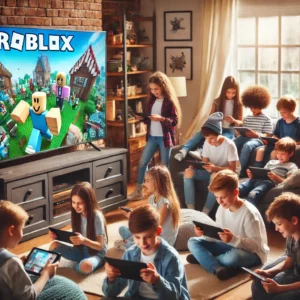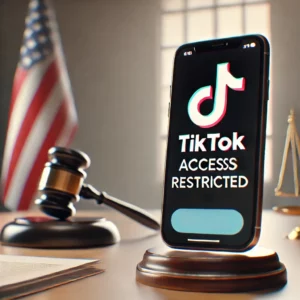Boston Medical Center Addresses Rising Gaming Disorder Cases
Children and teens struggling with video game addiction now have access to specialized treatment at Mass General Hospital in Boston. Dr. Kyle Faust, lead psychologist for the program, reports patients arrive for treatment when gaming disrupts their academic performance and social relationships. The hospital’s initiative responds to growing evidence that early exposure to digital gaming can alter brain development patterns. Parents often unknowingly contribute to the problem by introducing digital devices during early childhood years.
5 Key Points
- Mass General Hospital now offers dedicated treatment for Internet Gaming Disorder.
- Dr. Kyle Faust leads the specialized gaming addiction program.
- Early digital exposure can disrupt normal childhood brain development.
- Simple device removal proves ineffective for severe addiction cases.
- The program distinguishes between casual gaming and clinical addiction.
Early Digital Exposure Raises Concerns
Dr. Kyle Faust’s clinical team at Mass General Hospital documents a pattern of patients arriving for treatment after gaming habits disrupt their daily functioning. Parents report children withdrawing from sports, music lessons, and social activities they previously enjoyed. The hospital’s research indicates that early exposure to digital devices, particularly during key developmental stages between ages 5-12, may alter typical brain development patterns. Dr. Faust points to specific cases where children introduced to gaming devices in preschool years show increased difficulty with emotional regulation and impulse control by middle school. “Some research indicates that younger individuals are more susceptible to the potential addictive impacts of these various types of digital technologies, especially digital gaming,” Dr. Faust explains. The clinical team observes that initial signs often manifest as subtle behavioral changes – children becoming increasingly resistant to non-gaming activities and showing heightened emotional responses when gaming time is limited.
Treatment Approaches at Mass General
Mass General Hospital’s gaming addiction program implements a multi-phase treatment protocol developed through clinical observation of severe cases. Dr. Faust’s team begins with a comprehensive evaluation of each patient’s gaming patterns, including detailed documentation of daily usage, preferred games, and triggers that lead to extended play sessions. The hospital’s approach moves beyond simple device removal, which Dr. Faust notes can trigger severe withdrawal symptoms in clinically addicted patients. Instead, clinicians work with families to establish structured gaming schedules while simultaneously addressing underlying factors that may drive compulsive gaming behavior. The treatment framework incorporates regular school performance and social engagement assessment as key recovery indicators. Dr. Faust’s team provides parents with specific strategies to recognize early warning signs and techniques to establish healthy boundaries around technology use. The program emphasizes gradually reducing gaming time while introducing alternative activities that provide similar rewards of achievement and social connection.
FAQ
Q: Are video game companies being held accountable for the harm caused by gaming addiction?
A: Some lawsuits argue that video game companies design games to be addictive, causing harm. If you or a loved one have been affected, contact our legal experts to learn about your rights and start a free, confidential case review.
Q: What signs indicate video game addiction in children?
A: Dr. Faust identifies declining school performance, withdrawal from social activities, and inability to engage in non-gaming activities as primary warning signs.
Q: At what age should parents be concerned about gaming habits?
A: The article indicates early childhood exposure to digital technologies poses risks, with younger individuals showing increased susceptibility to addiction.
Q: How is gaming addiction treated at Mass General?
A: The hospital uses a structured treatment approach beyond device removal, tailoring plans to individual patients’ needs.
Q: What makes gaming addiction different from casual gaming?
A: Gaming addiction, classified as Internet Gaming Disorder, interferes with daily functioning, school performance, and social interactions.
Q: Can simply removing gaming devices cure addiction?
A: Dr. Faust states severe cases require structured clinical treatment beyond device removal.
Citations
Ganley, Shaun (September 21, 2024). Mass General psychologist discusses growing video game addiction concerns. WCVB. https://www.wcvb.com/article/gaming-addiction-mass-general-treatment/62311164







